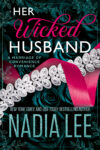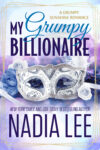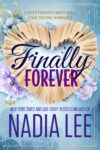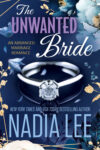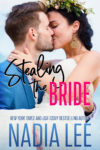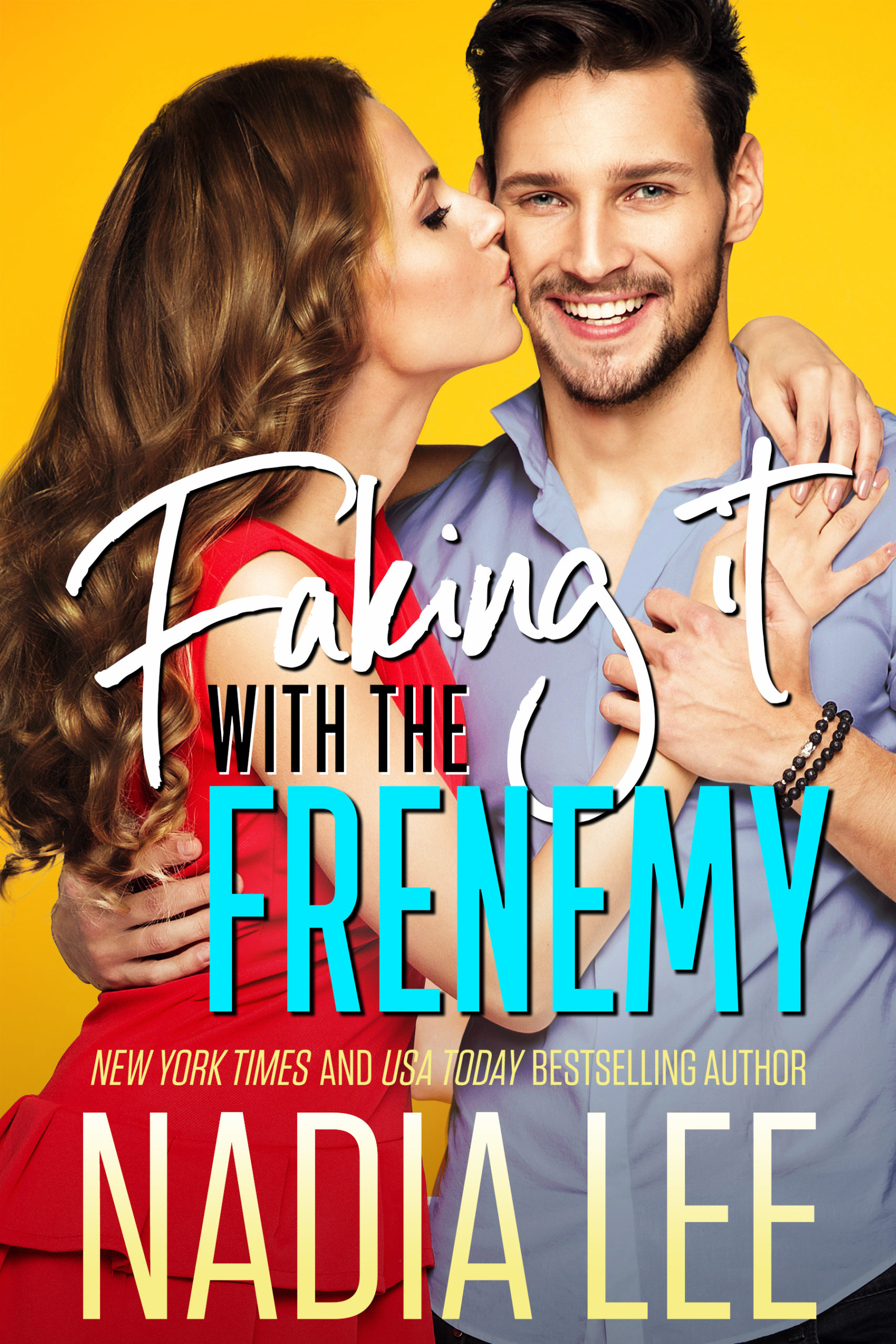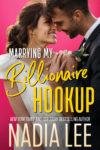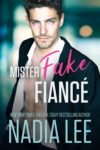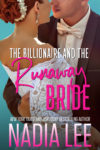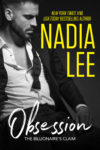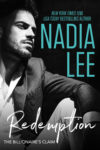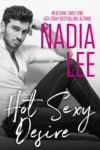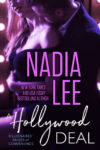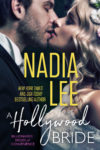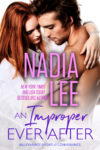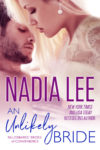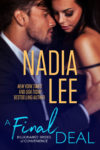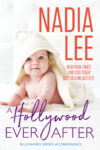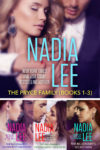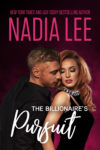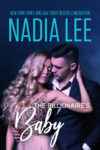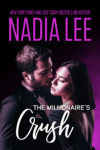25
| Aug 2009 |
status: I'm feeling more positive since I realized that I can salvage about thirty pages or so out of the eighty plus I've written on the earlier pre-writing draft (WIP).
music: “It's a Fight” by Three 6 Mafia
On today's #askagent, someone asked if agents check a potential client's blog before offering. Colleen Lindsay responded:
Always. And I don't want to see whining about how many times you've been rejected. A huge turn-off.
I'm always amazed at the kind of information people put on their websites/blogs and other public places. Nobody wants to work with someone who is high maintenance or crazy or just doesn't know how to act professionally. Would you put the following on your blog while job hunting?
It's been five months since I sent my résumé to fifty companies. Only ten wanted to interview me. I went to all of them, but they all said no. I hope I get a better result from the other forty.
Writing feels like “art” and therefore some may feel that they're entitled to act like artistes. That's a huge mistake. Creating a story is art. The other aspects are anything but. Treat getting published like a business and you'll have more success.
P.S. My agent read my blog before offering. I was amazed at the amount of information she was able to garner from my posts, including where I lived, my quirks, etc. So beware!


